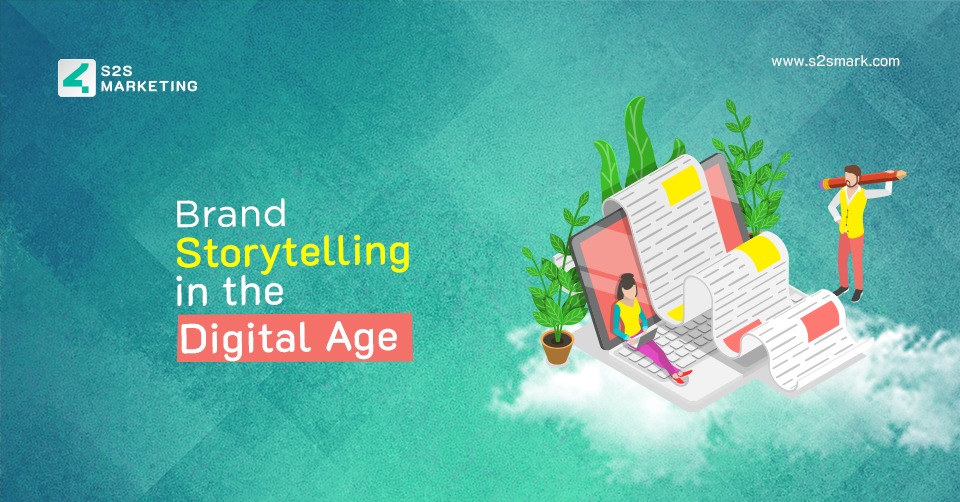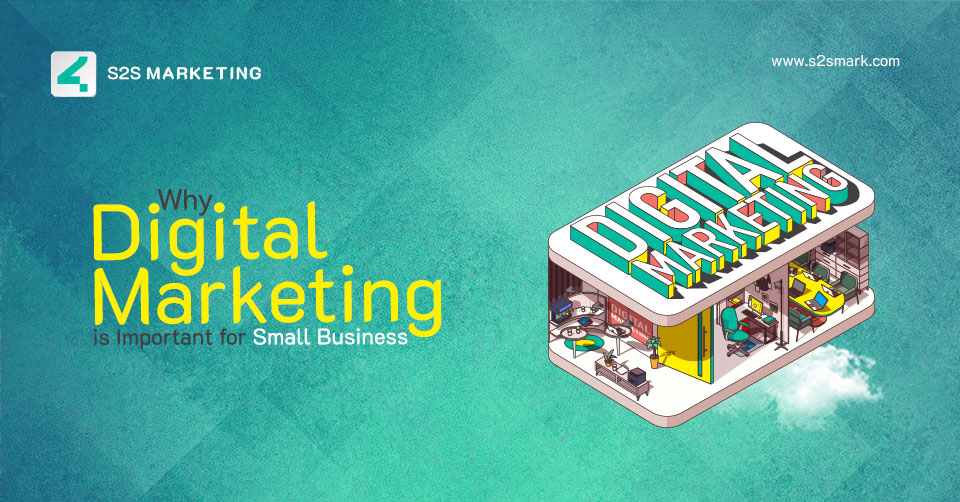In today’s fast-paced digital landscape, where information is consumed at lightning speed, the art of brand storytelling has become more crucial than ever before. Brands that craft compelling narratives capture their audience’s attention and establish a deeper connection, trust, and loyalty. In this article, we will delve into the world of brand storytelling, exploring its significance in the digital age and providing actionable insights on how businesses can leverage it to their advantage.
Introduction: The Power of Stories in the Digital Era
In the digital age, where attention spans are shorter than ever, brands must find innovative ways to capture and retain their audience’s attention. Enter brand storytelling, a powerful tool that allows businesses to engage their customers personally. Through stories, brands can convey their values, missions, and personalities, creating a connection that goes beyond a simple transaction.
Defining Brand Storytelling
At its core, brand storytelling is the art of using narratives to communicate the essence of a brand. It involves weaving the brand’s history, values, and vision into a compelling tale that resonates with the audience.
The Evolution of Brand Narratives
Brand narratives have evolved over the years. Gone are the days of traditional advertising that relied solely on product features. Today, consumers seek authenticity and meaning in the brands they choose. This shift has given rise to storytelling as a means to connect with customers on a deeper level.
The Science Behind Effective Storytelling
The mechanism behind the storytelling technique is explained below.
- The Psychology of Stories
Why do stories have such a profound impact on our minds? It’s because our brains are wired to respond to narratives. Stories trigger the release of oxytocin, the “bonding hormone,” which makes us feel more connected to the characters and ideas presented.
· Emotional Engagement
Effective storytelling taps into emotions. When a brand’s story resonates with the audience’s emotions, it creates a lasting impression and fosters a sense of belonging.
· The Role of Neurotransmitters
Neurotransmitters like dopamine are released when we hear a story that piques our interest. This chemical reaction keeps us engaged and wanting to know more.
· Crafting Your Brand Story
To create an impactful brand story in the digital age, businesses must follow a structured approach:
· Identifying Your Brand’s Core Values
Your story is built on the foundation of your brand’s values. It’s important to consider what you stand for and your guiding principles. By aligning your narrative with these values, you can create a strong and compelling brand story that resonates with your audience.
· Defining Your Target Audience
To craft a compelling brand story, it’s essential to understand your audience and their interests, desires, and pain points. By tailoring your narrative to align with what resonates with them, you can create a powerful connection that speaks directly to their needs and motivations.
· Finding Your Unique Selling Proposition (USP)
What makes your brand unique compared to others in the market? You can create a lasting impression that sets you apart from your competitors by showcasing your unique selling proposition in your brand story. This ensures that your audience remembers your brand and what makes it stand out from the rest.
· Building a Consistent Brand Voice
Consistency is key. Maintain a uniform tone and style across all your content to reinforce your brand’s identity.
The Digital Platforms for Storytelling
From social media networks and interactive websites to immersive virtual reality experiences and streaming services, the digital realm offers unprecedented opportunities to engage, captivate, and connect with audiences around the world. Some of them are;
· Social Media as a Storytelling Tool
Social media platforms offer a unique opportunity to share your brand’s story in byte-sized, shareable content.
· Blogging and Content Marketing
Blogs and articles allow for more in-depth storytelling, providing valuable insights and information to your audience.
· Video and Visual Storytelling
Visual content, including videos and infographics, can convey complex narratives in an easily digestible format.
Case Studies: Brands That Nailed Digital Storytelling
The following case studies are like guiding lights, providing valuable lessons about how these brands have successfully used digital storytelling to survive and thrive in the digital world.
· Apple: The Journey from Garage to Global Icon
Apple’s brand story revolves around innovation, simplicity, and challenging the status quo. Their journey from a garage-based startup to a global tech giant is an inspiring narrative. From its humble beginnings in a garage in 1976, Apple’s market capitalization has grown to exceed $2 trillion in 2021, making it one of the most valuable companies globally.
· Nike: Inspiring Athletes Worldwide
Nike’s brand narrative centers on empowerment and achievement. They tell stories of athletes overcoming challenges and inspiring others to push their limits. Their storytelling prowess is reflected in their sales figures, with Nike’s revenue reaching over $44 billion in 2020.
B2B Brand Storytelling
B2B brand storytelling is equally essential as it helps businesses in the business-to-business sector connect on a human level. It enables companies to communicate their expertise, reliability, and values to other businesses, ultimately leading to stronger partnerships and collaborations.
Measuring Success in Brand Storytelling
It’s essential to keep an eye on the results you achieve with all the hard work you’ve put into shaping your brand identity. Here are some things to remember!
· Tracking Engagement
Measure the reach and engagement of your storytelling efforts through likes, shares, and comments.
· Conversion Rates
Track how your brand story influences conversion rates, whether it’s signing up for a newsletter or making a purchase.
· Customer Feedback
Listen to customer feedback to gauge the effectiveness of your brand narrative and make necessary adjustments.
Staying Authentic in the Digital Age
· Avoiding Greenwashing
Authenticity is paramount. Avoid making false claims or exploiting social causes for marketing purposes.
· Balancing Profit and Purpose
Find a balance between your business objectives and your social and environmental responsibility commitment.
The Future of Brand Storytelling
The future of brand storytelling promises to be a thrilling journey followed by innovation and transformation. With latest technologies like augmented reality, virtual reality, and artificial intelligence, brands will have unlimited opportunities to create immersive and personalized narratives that deeply resonate with their audiences.
This evolution will redefine how brands communicate and how consumers engage and become part of the stories told by their favorite brands. As the lines between digital and physical worlds blur, the future of brand storytelling holds the potential to forge stronger connections.
Conclusion: Why Brand Storytelling Is Important
In the digital age, brand storytelling is not just an option; it’s a necessity. Your brand’s story has the power to connect, engage, and inspire. Embrace the art of storytelling, and your brand will thrive in the ever-evolving digital landscape.
FAQs
1- What is the key to a successful brand story in the digital age?
The key to a successful brand story is authenticity. Be true to your brand’s values and connect with your audience on a personal level.
2- How can I measure the effectiveness of my brand storytelling efforts?
You can measure effectiveness through engagement metrics, conversion rates, and customer feedback.
3- Are there any risks in brand storytelling, especially in the age of social media?
Yes, there are risks, such as the potential for backlash if your story is perceived as inauthentic or insensitive. It’s crucial to tread carefully and stay true to your brand’s values.
4- Can small businesses benefit from brand storytelling?
Absolutely! Brand storytelling is not limited to large corporations. Small businesses can effectively use brand storytelling to connect with their local or niche audience.
5- What role will technology play in the future of brand storytelling?
Technology, including virtual reality and artificial intelligence, will enable brands to create more immersive and personalized storytelling experiences for their audience.





